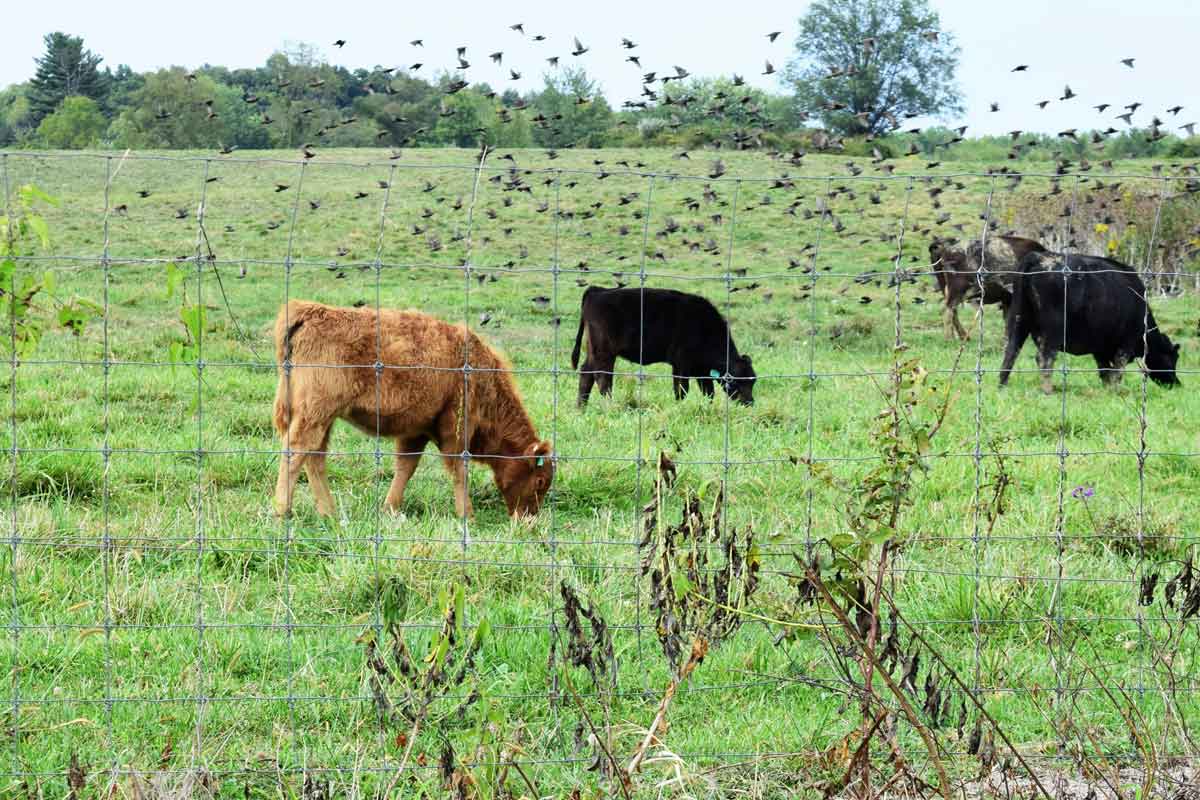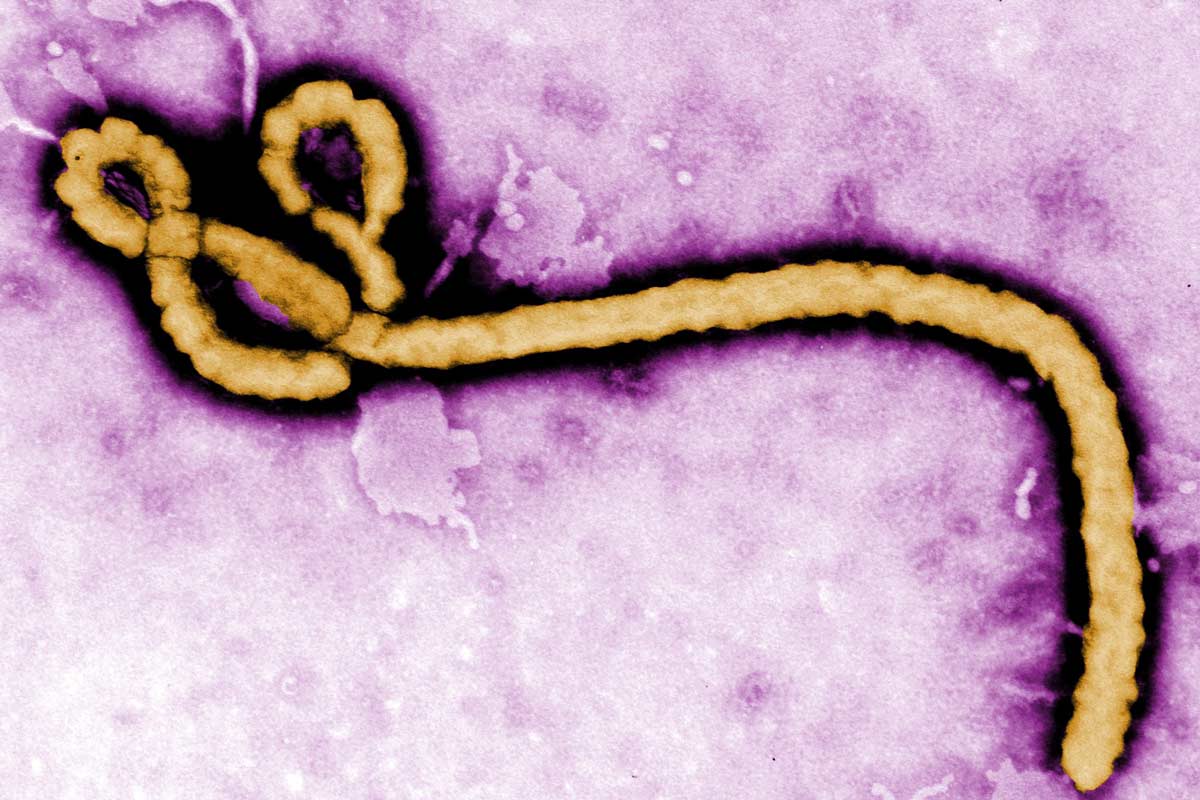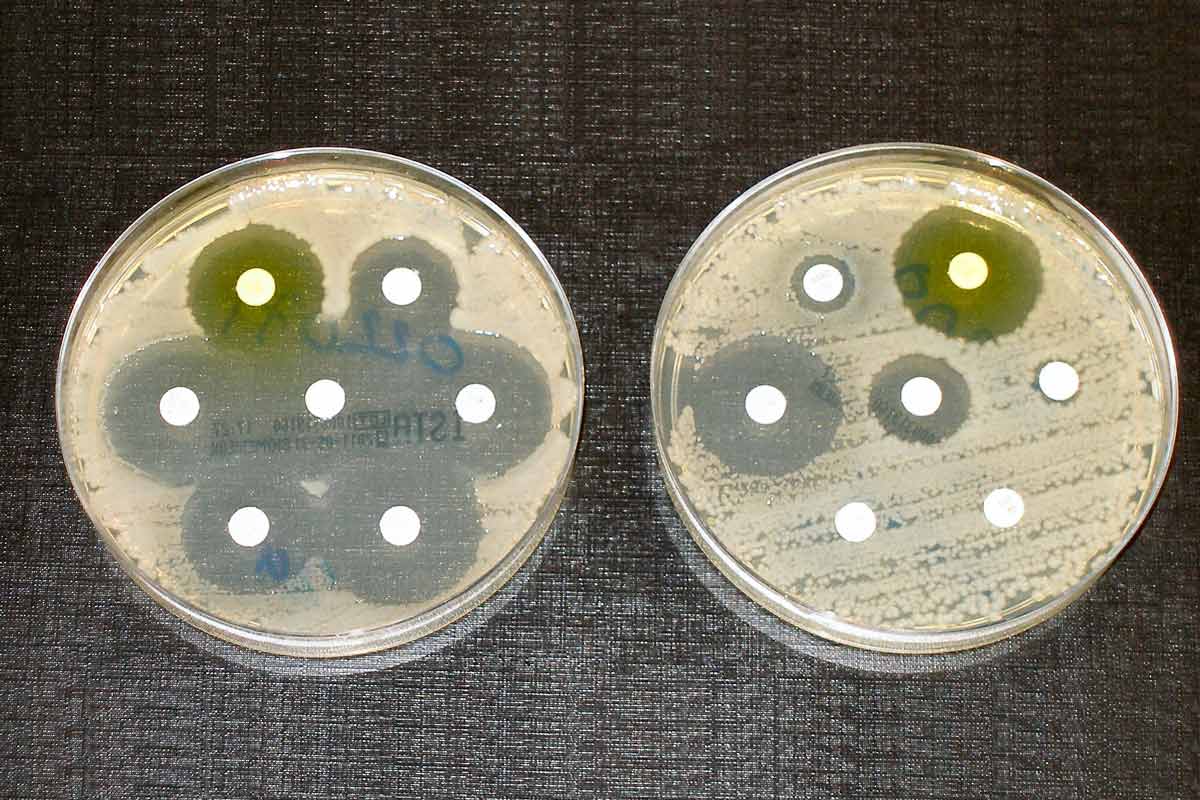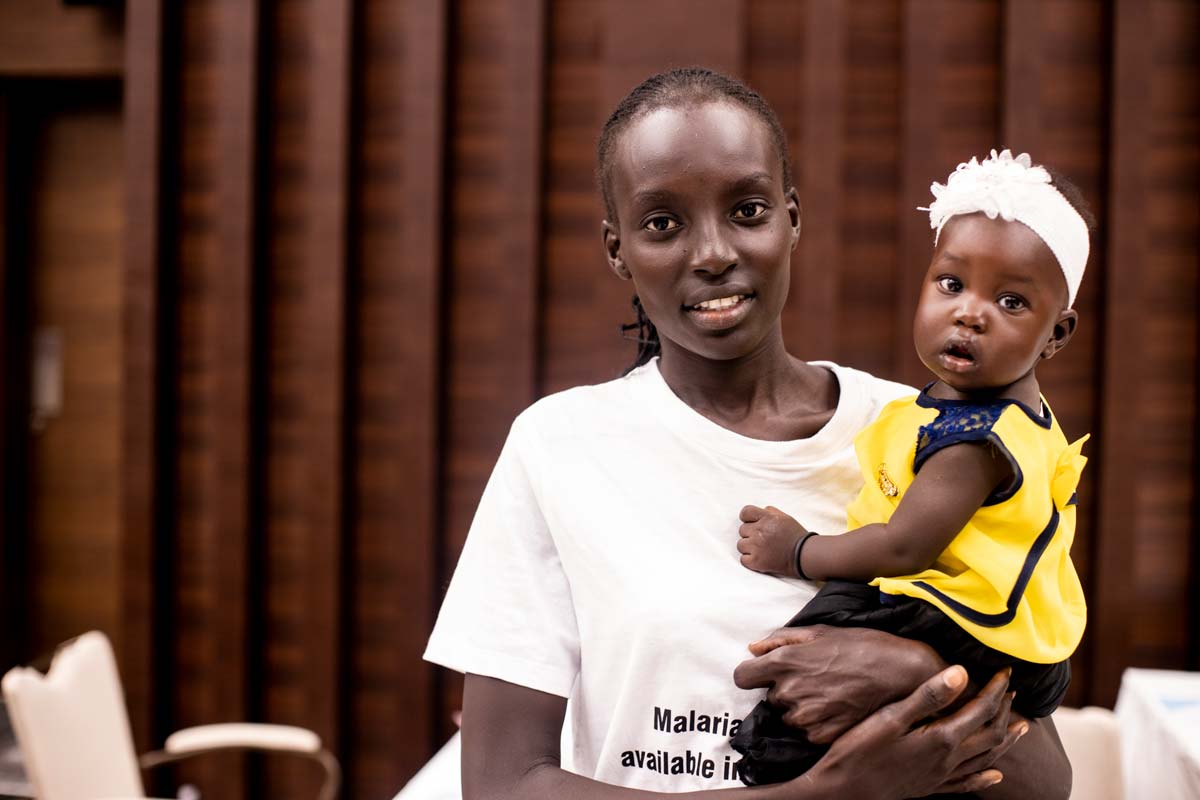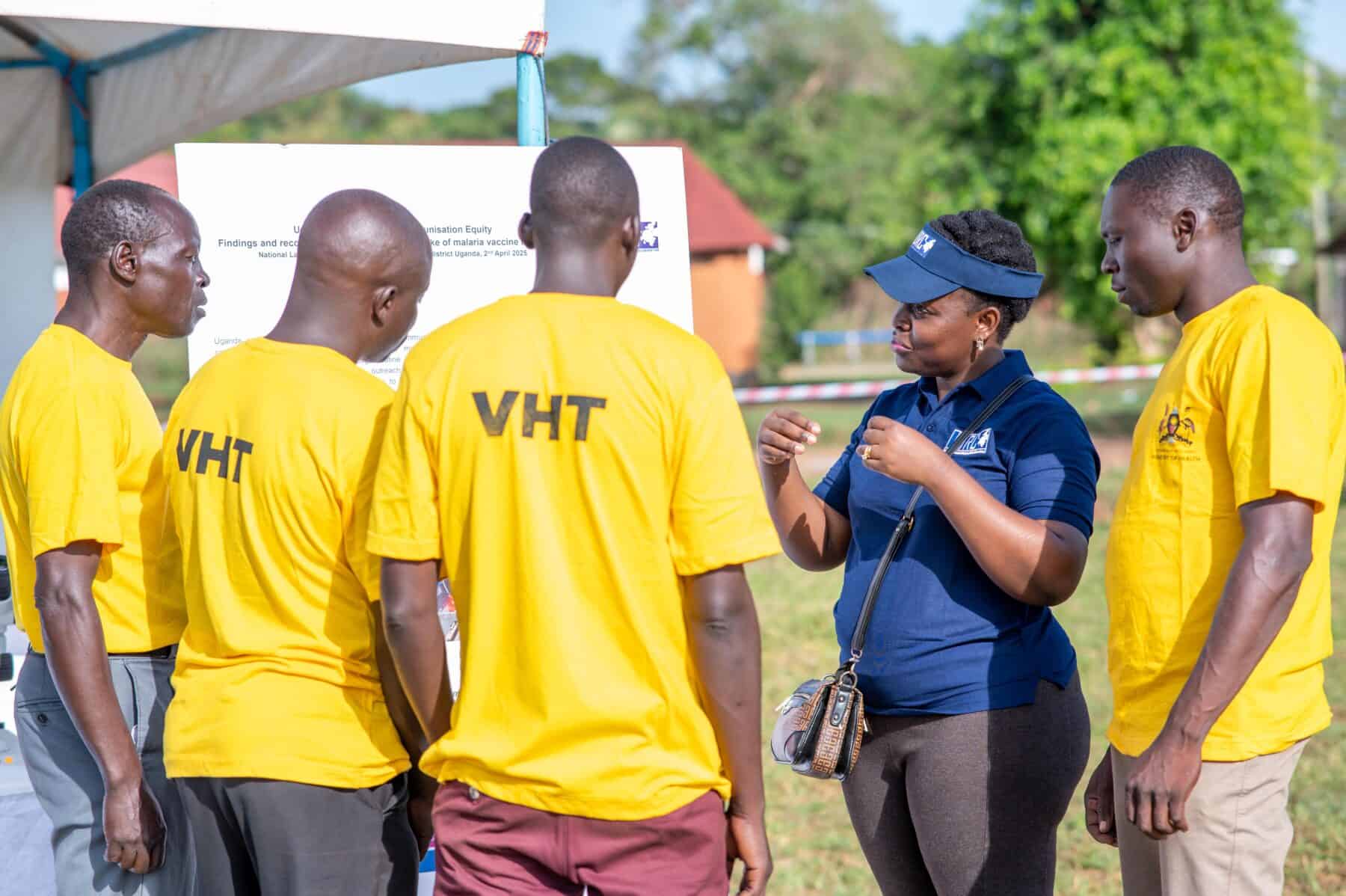How scientists are closing in RSV, a silent killer of babies worldwide
After decades of false starts, a vaccine for respiratory syncytial virus may finally be within reach.
- 15 November 2022
- 6 min read
- by Linda Geddes
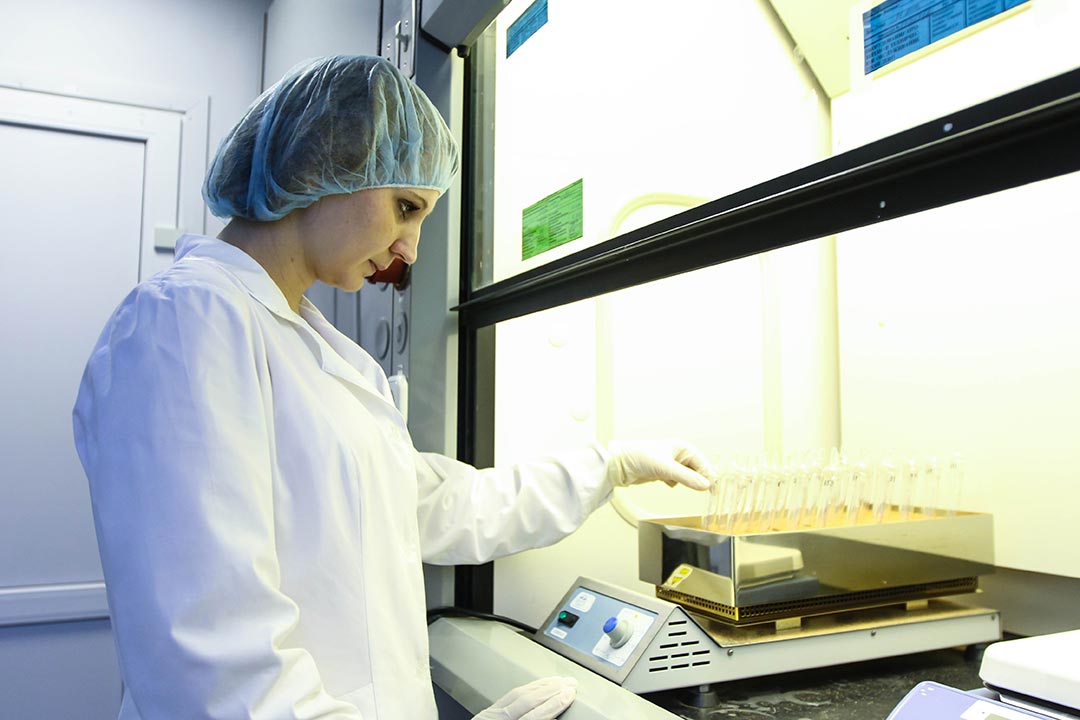
Most people have never heard of respiratory syncytial virus (RSV), though they may know parents whose baby has been admitted to hospital with severe breathing difficulties – often within days or weeks of birth. They have also likely been infected with it themselves at some point in their lives.
Globally, RSV is the most common cause of inflammation of the lungs (pneumonia) or the lungs' airways (bronchiolitis) in infants, resulting in around 3.6 million hospital admissions and more than 100,000 deaths in children under five each year. Most of these deaths occur in poor countries, but even in wealthy nations RSV is a significant cause of infant hospitalisations, and a major drain on health systems. In the US alone, RSV infection is responsible for approximately 2.1 million outpatient visits and 58,000 hospitalisations each year among children younger than five.
"It’s been a long time coming, but a vaccine – or vaccines - against this major killer of some of the most vulnerable in our communities appears tantalisingly within reach"
It can also be dangerous for older adults, contributing to more doctor visits, hospitalisations and deaths in the UK in some years than influenza. Pregnant women and adults with chronic heart or lung conditions or weakened immune systems are also particularly vulnerable, yet in most children and adults, RSV causes only mild cold-like symptoms, meaning few take precautions to prevent its spread.
Scientists have been trying to develop a vaccine against RSV since the 1960s, but early attempts at creating inactivated whole virus vaccines hit a roadblock when some inoculated infants experienced severe inflammatory responses in the lungs the next time they encountered the virus.
However, in recent years, improved understanding of the virus's biology, together with the development of new vaccine technologies, has resulted in multiple drug and vaccine candidates entering human trials. In the past month, the publication of results from several Phase 3 trials, not to mention the approval of a monoclonal antibody-based vaccine by European regulators, has fuelled optimism that RSV can be tamed, saving numerous lives.
Passive protection
On 4 November, the European Commission granted worldwide approval for nirsevimab, the first broadly protective immunisation against RSV for newborns and infants. Though not strictly a vaccine – because it doesn't train the immune system to respond to RSV, but rather equips the body with ready-made antibodies – the drug achieves the same goal: preventing RSV from latching onto and infecting human cells.
Babies are most at risk from RSV during the first two months of life. Even if a traditional vaccine were available, there would not be enough time for it to build sufficient protection to cover the entirety of this critical period of babies' lives. Nirsevimab is a monoclonal antibody, a laboratory-made version of the antibodies our immune cells naturally manufacture in response to pathogen exposure. Babies who receive it should therefore receive immediate protection against RSV.
This isn't the first antibody to be developed against the virus. Another one, called palivizumab, was approved in 1998 and is sometimes given to preterm babies, or those with heart or lung problems who are particularly vulnerable to RSV. However, palivizumab is expensive, and must be reinjected every month, excluding it from more general use.
The difference with nirsevimab is that it is a long-acting antibody, with a single dose design to afford protection through an infant's entire first RSV season, which usually runs from Autumn until late Spring. A Phase 3 study involving 1,490 healthy late preterm and full-term babies suggested that the drug is safe, and reduced the incidence of RSV-related lower respiratory tract infections, such as bronchiolitis or pneumonia, requiring medical attention by 74.5% compared to placebo.
A follow-up trial to establish the cost-effectiveness of the drug and gather further efficacy data is currently recruiting across the UK, France and Germany, and hopes to enrol 30,000 participants aged 0 to 12 months.
Maternal vaccination
An alternative strategy to injecting babies with a preventative antibody is to immunise pregnant people against RSV, in the same way that maternal vaccines are sometimes given to reduce the risk of flu and whooping cough. Not only would this protect the pregnant parent against RSV, but some of their antibodies would cross the placenta, arming the baby against infection from the moment of birth.
Have you read?
On 1 November, Pfizer announced top-line data from a Phase 3 trial of its maternal RSV vaccine candidate. This suggested an efficacy of 82% against hospitalisation with RSV for infants under 90 days old, and an efficacy of 69% through their first six months of life. It was also well-tolerated, with no safety concerns for vaccinated women or their newborn babies.
Based on this data , the company said it intended to submit its vaccine for approval by the US Food and Drug Administration before the end of 2022, followed by other regulatory authorities in the coming months.
Older adults
There's good news for older adults who are at risk of RSV-associated pneumonia as well. On 2 November, the drugs giant GSK announced that the FDA had accepted its application for approval of its RSV older adult vaccine candidate, and granted it Priority Review status, meaning the decision on whether or not to approve the vaccine will be expedited. If it is approved, the vaccine would be the first to help protect adults aged 60 and over from pneumonia and bronchiolitis caused by RSV infection.
The news came a month after the company announced results from a Phase 3 trial of the vaccine in adults aged 60 and over, which suggested an efficacy of 83% against lower respiratory tract disease, including pneumonia, and 94% efficacy against severe disease. The vaccine was well tolerated with no safety concerns.
Breakthrough technology
Both of these vaccines, as well as others in late-stage clinical trials, hinge upon the discovery of a way to stabilise prefusion F, a version of the protein RSV uses to infect cells. By teaching the immune system what this protein looks like before it latches onto human cells, rather than afterwards, these vaccines enable immune cells to raise antibodies that block the virus' ability to infect us.
Other RSV vaccines in development include a nasal-drop vaccine containing a weakened form of the virus for older adults and children under two years of age, while a viral vector-based vaccine from Janssen, and an mRNA-based vaccine from Moderna are currently in Phase 3 clinical trials.
It's been a long time coming, but a vaccine – or vaccines - against this major killer of some of the most vulnerable in our communities appears tantalisingly within reach. And as RSV infections bounce back following a lull during the early stages of the COVID-19 pandemic, they can't come soon enough.
